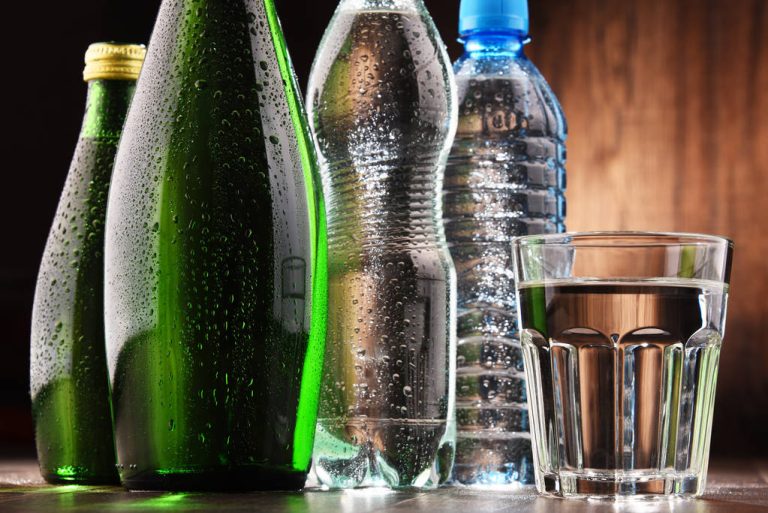According to Okotest, IKEA donuts are contaminated with mineral oil, and the sale of these products has already been stopped there. In total, donuts from 15 different suppliers were tested – with similar results. However, not all act as consistently as the furniture chain and pulled the donuts out of circulation.
IKEA donuts contaminated with mineral oil

Okotest examined donuts from 15 suppliers, including the donuts from the furniture chain IKEA. The goods concerned were rated “insufficient” by the organization because they had “high levels of potentially health-endangering mineral oils and fat pollutants”, according to Ökotest.
Ikea reacted: The affected donuts were withdrawn from sale. According to Ökotest, it was only four weeks after the test was published.
But what about the other 14 providers? Because all tested donuts were rated “unsatisfactory”. Although Foodwatch explains that “such complex problems as contamination with mineral oil and fat pollutants” cannot be solved immediately, they call for a ban on the sale of all contaminated products.
McDonald & Co. continues to sell contaminated donuts
The organization Foodwatch demanded that all 11 donut suppliers whose products had significantly increased amounts of mineral oil stop selling the contaminated products. But only IKEA followed this request. The other vendors responded vaguely or not at all to Foodwatch’s query.
These donut vendors and products were tested:
- IKEA: B&B Pinky Donuts, frozen
- Edeka: Good & cheap mini donuts 3 types, deep-frozen
- McDonald: Candy Donut, Chocolate Donut
- Baked goods: baked goods pinkie donuts, chocolate donuts, white donuts,
- Dunkin’ Donuts: Sugar, Strawberry Frosted, Chocolate Frosted
- Re: Rewe Beste Wahl Mini Donuts Three different varieties, deep-frozen
- Tasty Donuts: Tasty Donuts Blacky, Classic, Raspberry Kiss, loose
- Le Crobag: Sugared donut
- Globus: The Simpsons Donuts Pink Glazed 4-Pack
- Real: Real Home Bakery Sugared Donuts, Pack of 4
- Happy Donazz: Classic Chocolate, Homer’s Donut, Rainbow
- Backstube Kaufland: Pinkie donut with sprinkles,
- Bakery Net: Pinky Donut
- Poppies: Poppies Trio Mini Donuts, frozen
- Lidl: Chocolate donut, go
Mineral oil pollution
The mineral oils usually get into the food via waste paper packaging. This could be prevented by a so-called “functional barrier”, such as a separate inner bag or a layer integrated into the carton.

Mineral oil saturated hydrocarbons (MOSH) and mineral oil aromatic hydrocarbons (MOAH) is extremely harmful to humans. MOSH accumulate in the organs and can damage them. MOAH is suspected of being carcinogenic and can damage the genetic material.
Foodwatch has launched an email campaign demanding fixed limit values for mineral oil in food and the “functional barrier”. This is intended to prevent future food contamination with mineral oil. You can sign the campaign here.







